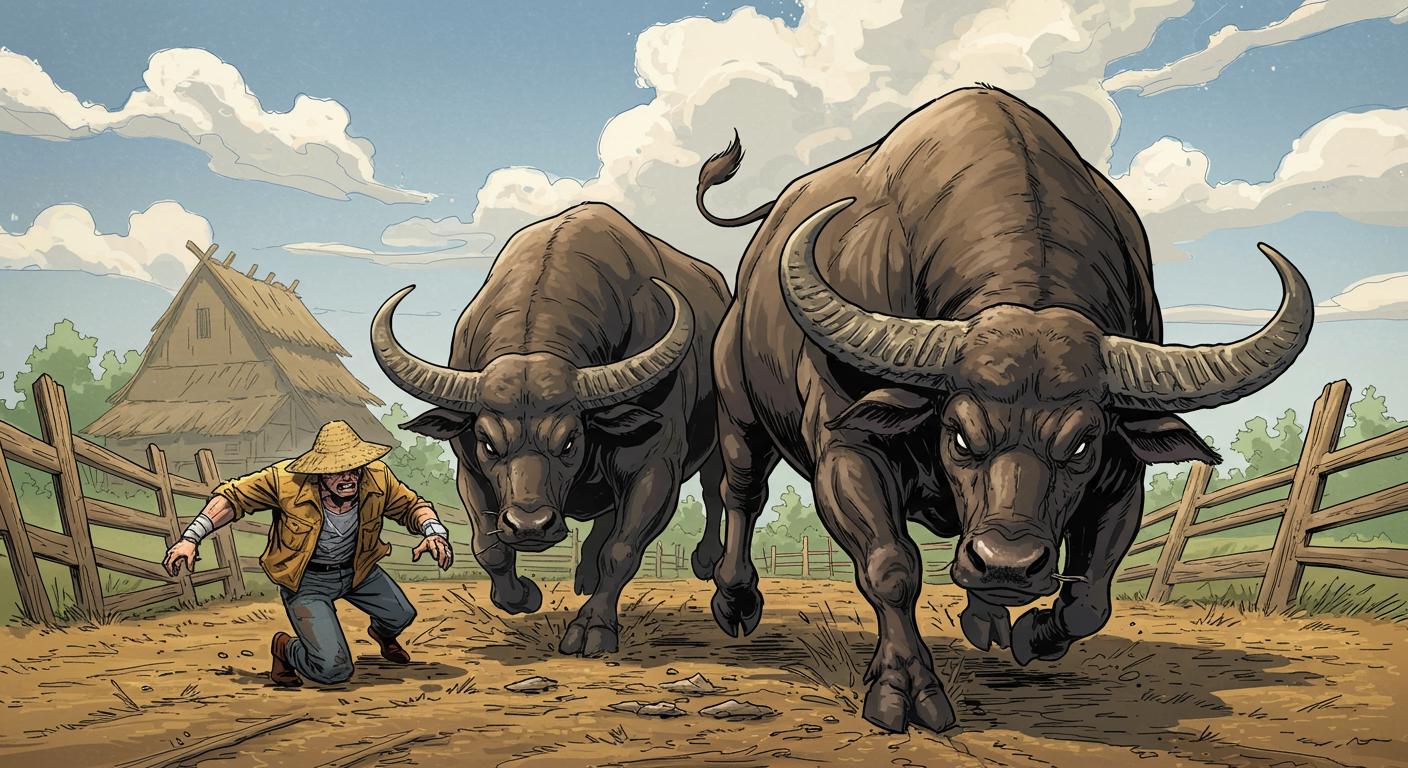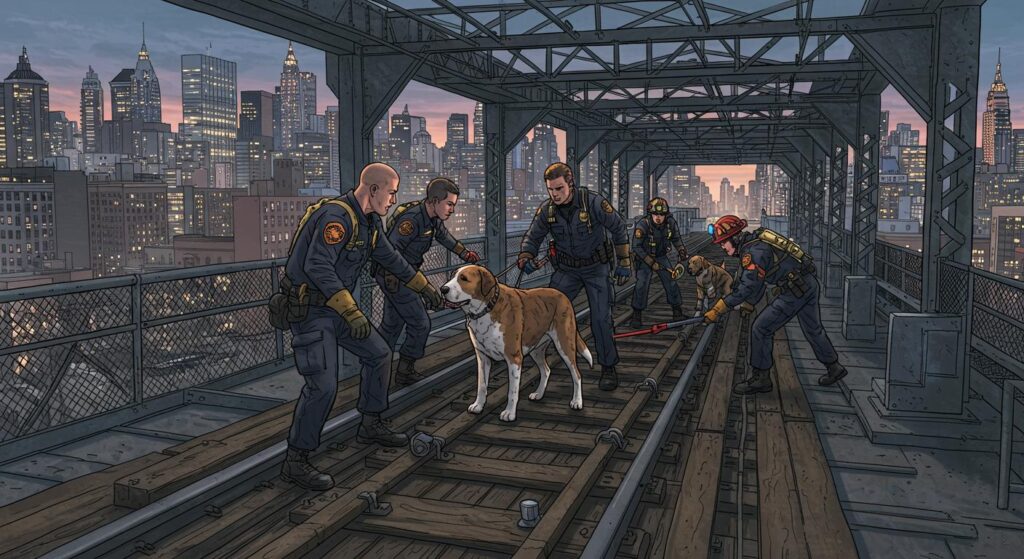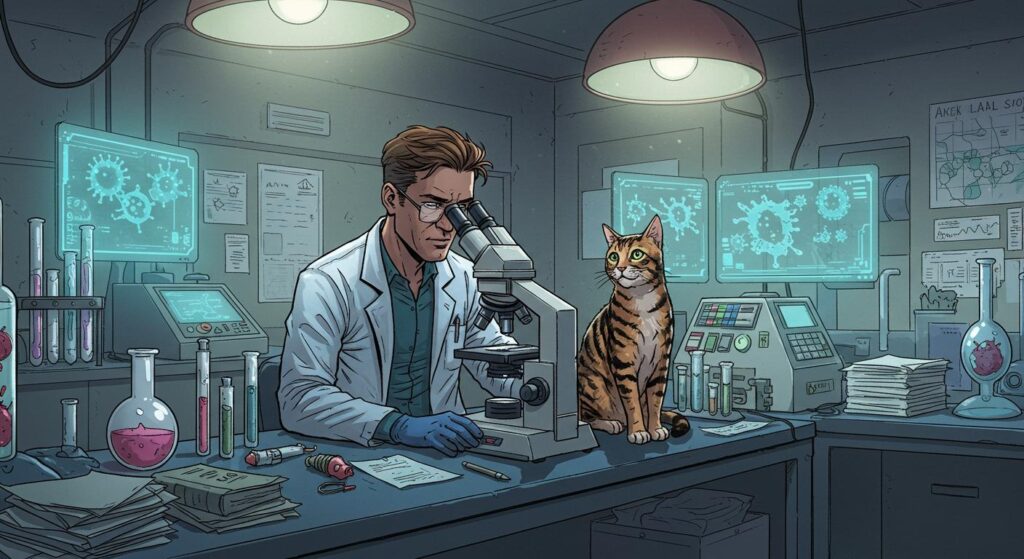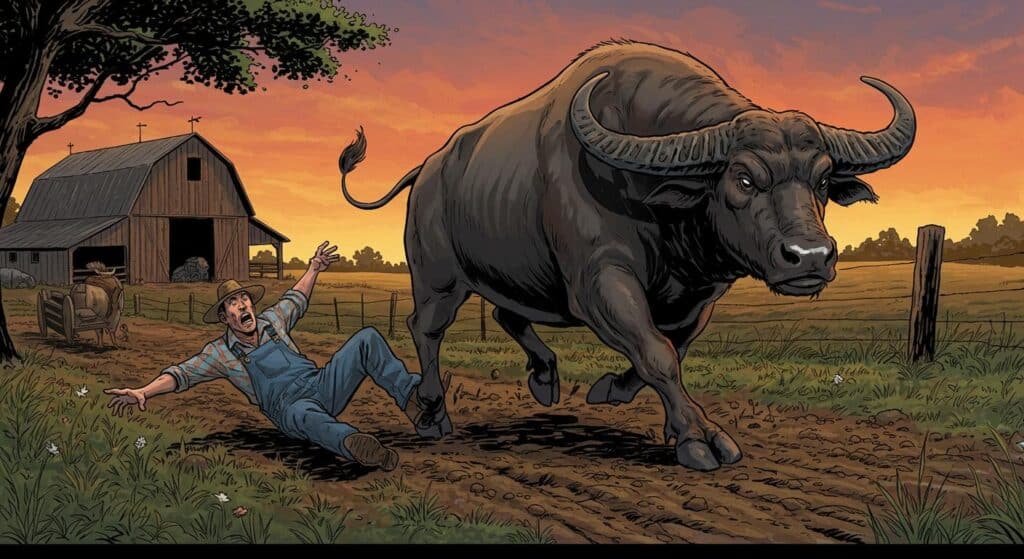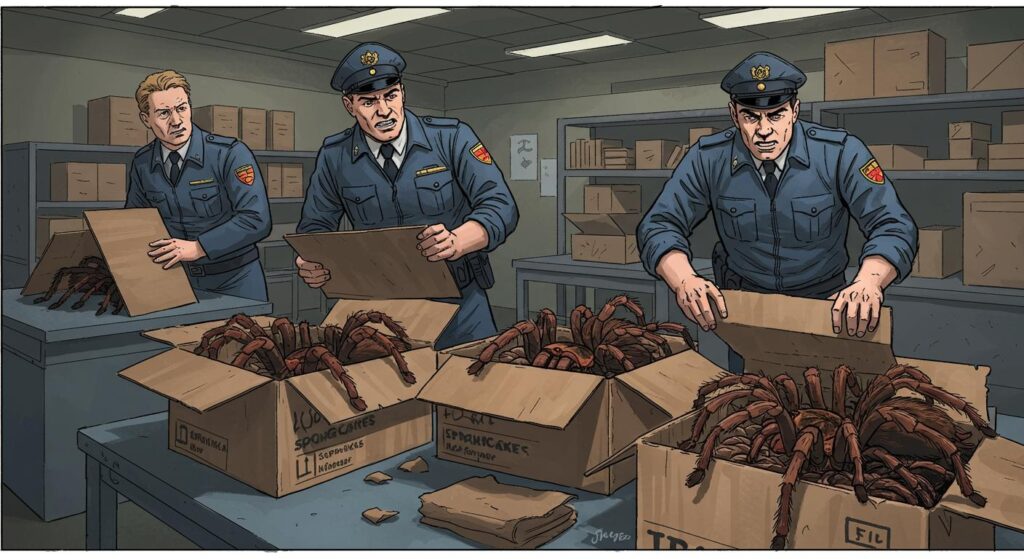It’s not every day that agriculture news takes a turn into the outright surreal, but Oklahoma’s recent barnyard tragedy has a way of rewriting expectations. The untimely death of Brad McMichael—an experienced livestock handler killed by two water buffalo the day after bringing them home—is the kind of story that is both sobering and, in its grisly randomness, deeply peculiar.
A Routine Auction With a Most Unroutine Aftermath
According to local coverage provided by AP News, McMichael, a longtime farmer in Jones, Oklahoma, attended a livestock auction and brought home two water buffaloes, presumably seeing them as the next logical step in a seasoned cattleman’s rotation. Only a day after this purchase, the animals fatally attacked him while he was tending their enclosure. Authorities in Jones described a scene where first responders were “initially unable to reach the victim” due to the buffaloes’ escalating aggression. Eventually, emergency personnel had to euthanize both animals—one immediately, and the second after it became a direct threat—to access the enclosure safely.
Multiple reports, including those cited by Newser, indicate that McMichael died from deep lacerations sustained in the attack. The precise reason for the animals’ agitation remains unknown—just that their sudden hostility was both overwhelming and, tragically, fatal.
The Comfort of Familiarity—and the Shock When It Fails
For those who braced for a “new owner blunder” story, that trope simply doesn’t stick here. McMichael’s ex-wife, Amy Smith, described him to KFOR as someone for whom “the cattle farming, that’s his thing. He’s been here his whole life.” His professional competence with livestock emerges repeatedly: a man “not unusual” around exotic animals, as family quoted by Newser pointed out.
Expanding on these details, Jennifer Green, McMichael’s girlfriend, told KOCO (as highlighted by Hindustan Times), that he viewed the new buffaloes as an opportunity for meat or potential resale—typical calculations for a lifetime livestock handler. Green also reflected that livestock, particularly under the stresses of auction environments, transitions, or a new owner, can be unpredictable. It would seem the adjustment from sale yard to Oklahoma pasture proved far less seamless than hoped.
Water Buffalo: Oddities on the American Plains
For context, domesticated water buffalo—common collaborators in Asian rice fields and mozzarella dairies—are a rarity on rural U.S. farms. The Arkansas Farm Bureau points to their value in milk and lean beef production, but also acknowledges their sizable presence and unfamiliarity in American barns. Domesticated buffalo are generally regarded as calm, yet as the Hindustan Times notes, stress or perceived threats can trigger displays of aggression. When “perceived threat” means “everything after a livestock auction,” well, it puts the bovine temperament on a bit of a hair trigger.
What exactly set off these two? That detail, as multiple outlets make clear, might never be known. Animal behavior, like the weather or the stock market, has a way of upending even the most seasoned observer’s expectations.
Risk Written in Small Print
McMichael’s death, while rare, is a reminder that unpredictability is the unwelcome plus-one at every agricultural venture. For those cataloging cases from animal husbandry’s weirder files, Hindustan Times quotes Green recalling her partner’s sense of opportunity—and his humor. “He loved to laugh. He loved to make other people laugh. Those that really knew him know what a huge loss and a huge void that is to fill.” There’s something both poignant and disquietingly absurd about a person’s passion for livestock intersecting so directly with the occupational hazards inherent to it.
One can only wonder how often experience can lull even experts into a sense of routine that a single outlier animal, or pair, is ready to disrupt. Is it optimism, occupational hazard, or just the fundamental gamble that comes with any living inventory? Above all, it seems a tragic lesson in humility: whether the horns are familiar or, in this case, newly acquired, nature always reserves the right to rewrite the terms.
So, in the grand ledger of animal husbandry’s strangest incidents, this one sits alongside tales of runaway ostriches and prizewinning bulls with attitude problems. Rare, unsettling, and strangely compelling—what is it about the rural weird that seems to operate on its own unsparing logic? Some stories serve as a nudge to tame our assumptions, especially when the livestock in question outsize us by several hundred pounds and, apparently, don’t care how experienced we are.

